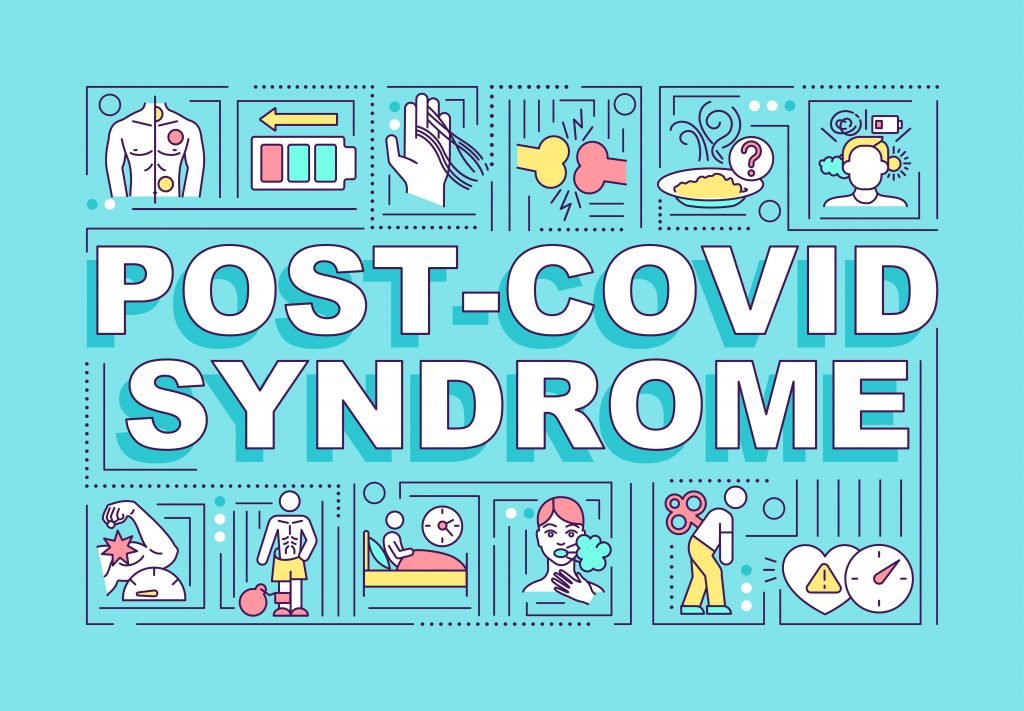Arq. Bras. Cardiol. 2023; 120(3): e20230110
Post-COVID Dysautonomias: The Importance of Early Recognition and Implementation of Recovery Programs
The international scientific community has devoted all its efforts over the last three years to a better understanding and treatment of the SARS-COV-2 infection, which initially seemed to be limited to a severe acute respiratory syndrome. However, as time goes by, we are faced with a growing number of patients with multisystemic, persistent, intermittent, or late symptoms, which generate significant psycho-functional impairment of those affected and reveal to us the chronic and unpredictable nature of the disease.
The recognized Post-COVID Syndrome courses with a significant number of complaints described in case reports, population studies, and meta-analyses. Myocarditis, myocardial infarction, stroke, heart failure, arrhythmias, genitourinary, gastrointestinal, endocrinological, central, and peripheral neurological disorders of varying severities have been described in the subacute and chronic phases after contact with the virus.–
[…]
1,817

